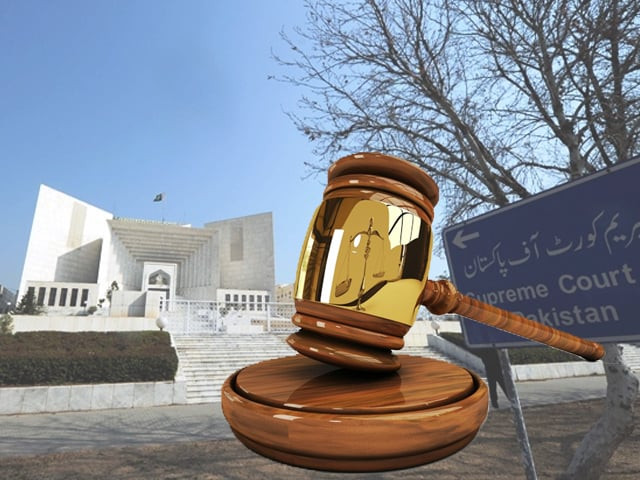SC’s verdict on contempt law
The judiciary should be held accountable, much like any other pillar of the state.

The question asked by the Supreme Court as to how one treatment could be meted out to one prime minister and a different kind to another is a valid one. But the whole issue raises the point of how the Constitution is to be treated and where final authority in this matter lies. The law in question was blatantly intended to suit the PPP-led government’s own interests. When going through with the new law, the ruling party knew the path would be opened up for greater confrontation with the judiciary and this is precisely what has happened. No well-wisher of Pakistan would have wanted this situation to emerge but it has. It is uncertain how we are to weave our way out of this maze with its many obstacles and dead ends.
One also needs to consider that even with the old contempt law in place, there is a question on some people’s minds and it is not entirely an irrelevant one. It has to do with holding the judiciary accountable, much like any other pillar of the state. The perception that politicians are singled out for criticism in a country like Pakistan, with generals and judges considered holy cows, keeps on getting reinforced. As for the generals, they should be considered equal under the law and by the courts. And as far as the judges are concerned, there is the Supreme Judicial Council but it is headed by the chief justice of Pakistan so it can be argued that this accountability mechanism, insofar as the country’s judiciary is concerned, is not entirely transparent.
Published in The Express Tribune, August 4th, 2012.














COMMENTS
Comments are moderated and generally will be posted if they are on-topic and not abusive.
For more information, please see our Comments FAQ